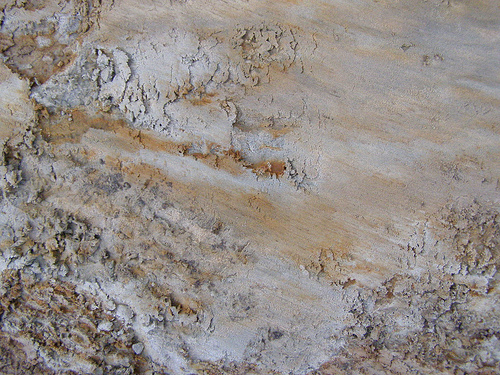 Evolution
Evolution
 Life Sciences
Life Sciences
Dusting Off an Old Attempt at Solving the Mystery of Life’s Origins

The notion is catnip for science journalists: a hypothesis, echoing ancient accounts, that life arose from the earth.
Clay, a seemingly infertile blend of minerals, might have been the birthplace of life on Earth. Or at least of the complex biochemicals that make life possible, Cornell University biological engineers report….
"We propose that in early geological history clay hydrogel provided a confinement function for biomolecules and biochemical reactions," said Dan Luo, professor of biological and environmental engineering and a member of the Kavli Institute at Cornell for Nanoscale Science.
In simulated ancient seawater, clay forms a hydrogel — a mass of microscopic spaces capable of soaking up liquids like a sponge. Over billions of years, chemicals confined in those spaces could have carried out the complex reactions that formed proteins, DNA and eventually all the machinery that makes a living cell work. Clay hydrogels could have confined and protected those chemical processes until the membrane that surrounds living cells developed.
It is a theory dating back thousands of years in many cultures, though perhaps not using the same scientific explanation. In religious texts from ancient Egypt to Chinese legends, God moulds clay into the shape of man and then breathes life into him through his nostrils.
Even Genesis talks of man being born from dust and returning to dust when he dies, with scholars translating this from the ancient Hebrew as also meaning clay or the earth itself.
Ho hum. Biblical and other traditions aside, the "clay hypothesis" is hardly new. Graham Cairns-Smith proposed it in 1985.
This is like an episode in a trashy sitcom, with the following storyline: Propose a hypothesis for the origin of life; abandon it because it doesn’t work; try other hypotheses and find out they don’t work either; next season, return to the first hypothesis and start over again.
Of course, if it were a sitcom its sponsors would drop it after the first season. Unless the sponsor is a taxpayer-supported university, such as Cornell.
